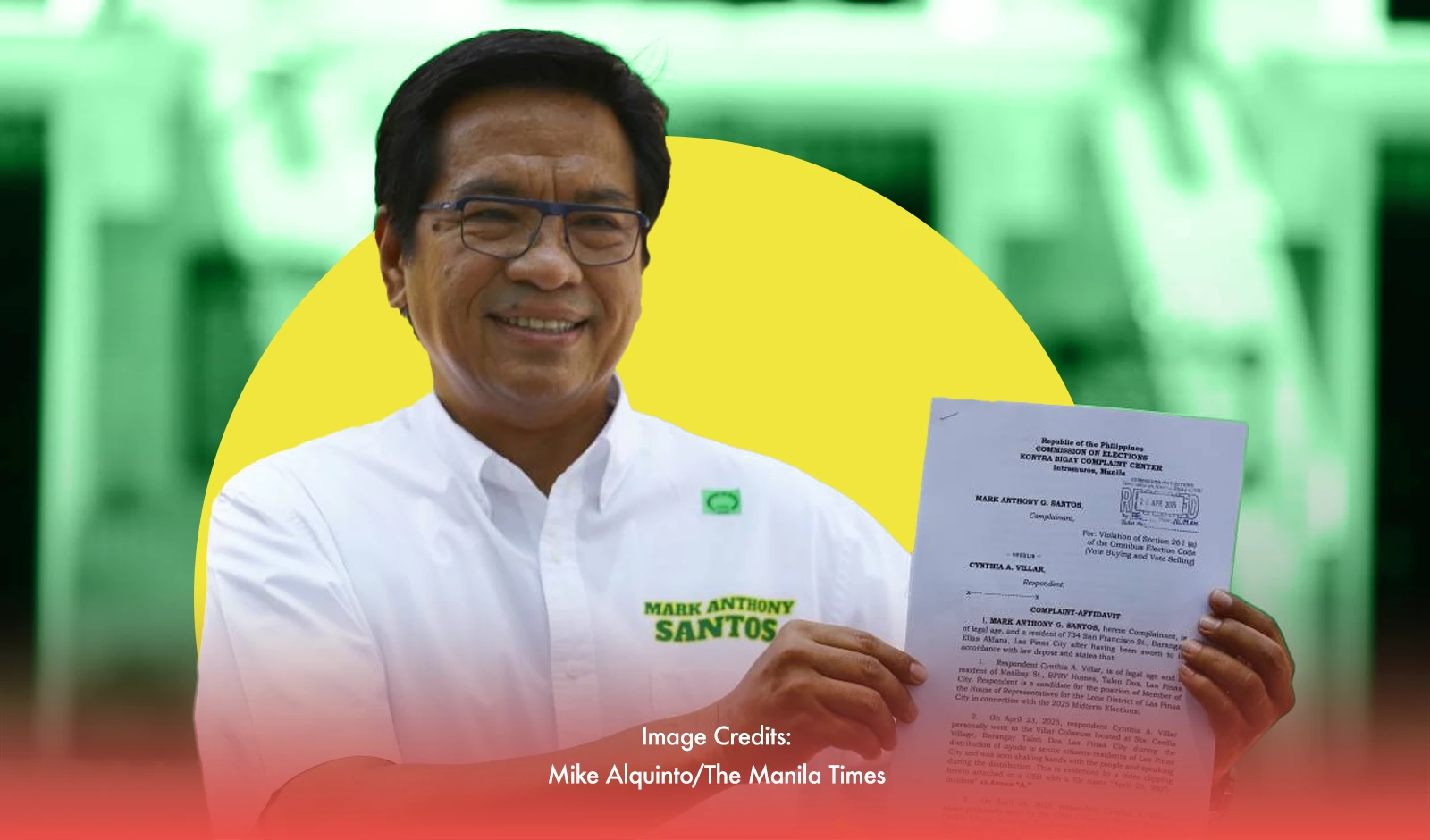Las Piñas has long been known as a city of enduring political dynasties. For over three decades, the Villar and Aguilar families have shaped their identity, holding key leadership roles and influencing the course of development and governance. But in the 2025 elections, something shifted subtly, yet meaningfully.
Tip Of The Iceberg
Councilor Mark Anthony Santos’ surprise victory over Senator Cynthia Villar for the congressional seat marked the end of a 33-year Villar hold on that post. While Santos' win made headlines, many Las Piñeros are more interested in what this change could mean rather than how it happened. After all, elections come and go—but how governance evolves afterward is what truly matters.
Santos’ campaign capitalized on a growing clamor for change, promising fresh perspectives, transparency, and a more inclusive approach to legislation. With no powerful political family backing him, his win raised expectations for independent leadership. The coming months will be crucial in determining whether he can deliver on his promises and push forward initiatives that go beyond legacy politics, especially in areas like urban mobility, social welfare, and education reform.
Still, much of the old guard remains. Incumbent mayor April Aguilar secured another term, and three other Aguilar will serve as city councilors. Their continued presence suggests that while cracks are forming in the dynasty-dominated structure, a complete political reimagining is still a work in progress.
Las Piñas Tomorrow
What does this mean for Las Piñas? It's a city standing at a political crossroads. For residents, there's cautious optimism—hope that new leadership will bring progress, tempered by the reality that meaningful change often comes slowly. In this blend of continuity and disruption, Las Piñas may finally be carving out space for a more dynamic political future—one not just inherited, but earned.
RELATED: [#Halalan2025 Recap: Are Political Dynasties Coming To An End?]








